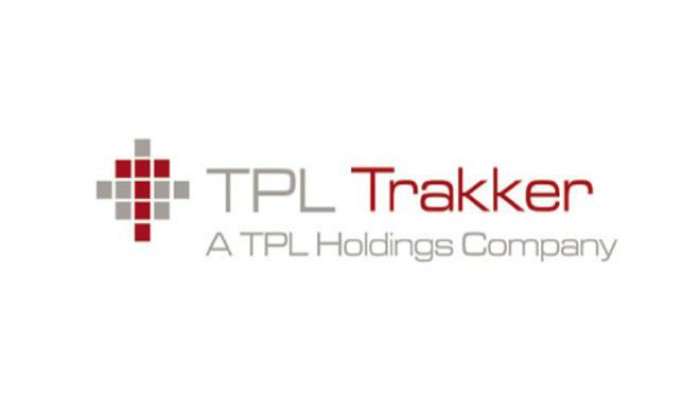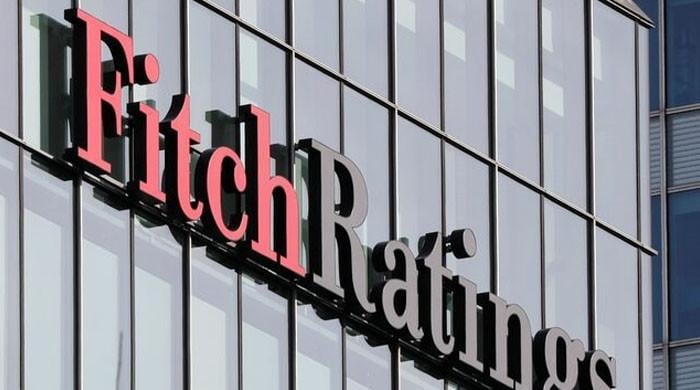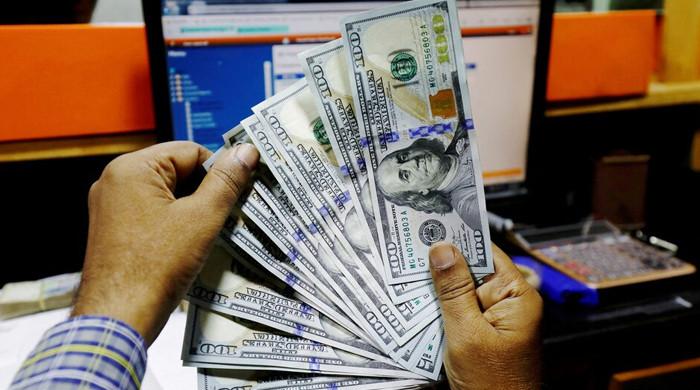TPL Trakker, responsible for helping govt map COVID-19 hotspots, set to go public
Company hopes to raise Rs1.4 billion through an IPO to expand in the wider region
July 20, 2020

TPL Trakker, the company behind the mapping technology that the government is using to map COVID-19 hotspots in Pakistan, is planning on going public, hoping to raise Rs1.4 billion rupees ($8.4 million) through an initial public offering.
According to Bloomberg, the company, which entered the Pakistani market in 1999 with its vehicle tracking system, will use the capital raised to expand.
Chief Executive Officer Sarwar Ali Khan, in his interview to Bloomberg, had shared that TPL Trakker has shifted in the past two to three years from being a hardware company selling tracking devices to a “software-based player”.
Responding to Geo.tv's question about how the response has been regarding the change in course, he described it as “positive”, with major companies like foodpanda and Telenor employing their services.
“Our target was to take it [TPL Trakker] out of Pakistan,” Khan said as he explained the decision behind the pivot in strategy. He said the new direction would allow them to offer solutions in the “wider region”, such as the Middle East.
“We wanted to expand towards a cloud and subscription model and the idea was to go towards software to offer solutions regionally,” said the CEO.
Two new software solutions developed by TPL Trakker helped lay the ground for the transition.
The first, Driver Fatigue, is a software-based solution that helps companies assess drivers' condition and reach out to them to prevent accidents.
It "takes in a feed from any camera and uses algorithms to identify how the driver’s condition is,” explained Khan, adding that this “real-time action” can allow companies to reach out to drivers and issue warnings so accidents can be prevented.
The second solution, a predictive maintenance software, allows users to identify problems in vehicles before they get out of hand, allowing them to take preventive action.
“[The product] takes engine data and uses the values that are returned to help identify which components are behaving abnormally,” Khan told Geo.tv, adding that the more data is given to the system the more accurate it becomes as it is based on artificial intelligence.
Facilitating 'smart lockdowns'
Frustrated with the economic fallout of a sweeping nationwide lockdown, the government had introduced a 'smart lockdown' strategy to maintain a balance between life and livelihood during the coronavirus pandemic.
The government joined hands with local technology partners, including TPL Trakker Ltd, to trace possible infections and impose lockdown in areas where those infections were high.
TPL, which is a mapping and tracking services provider, worked with the government to identify coronavirus hotspots across the country.
Read also: The science behind Pakistan's smart lockdown strategy
Khan, in conversation with Geo.tv, shared that when the lockdown was imposed at the end March, he got together with his team and decided that they would help the government by allowing it to use the company’s proprietary maps to identify hotspots.
“Through our technology, we could generate a heatmap,” shared Khan, adding that the heatmap enables the government to decide areas where there is a need for a lockdown.
According to the CEO, the technology set up by TPL Trakker at the National Command and Operations Centre (NCOC) helps the government identify hotspots by analysing the “number of corona cases in relation to the density of the population” of the area.
The IPO
According to a Bloomberg report, the company will offer 115.7 million shares, including 57.4 million units through a green-shoe option, or over-allotment, at 12 rupees each this week, according to its filing.
The publication added that the company’s subsidiary, TPL Corp Ltd, will then use the capital to repay a loan, which will help them expand their business to the Middle East and buy equipment.
Khan, when asked to share details about the IPO, stated that his company was expecting a “positive” response.
“This is the start of our journey and we are working with a new model,” he said.











